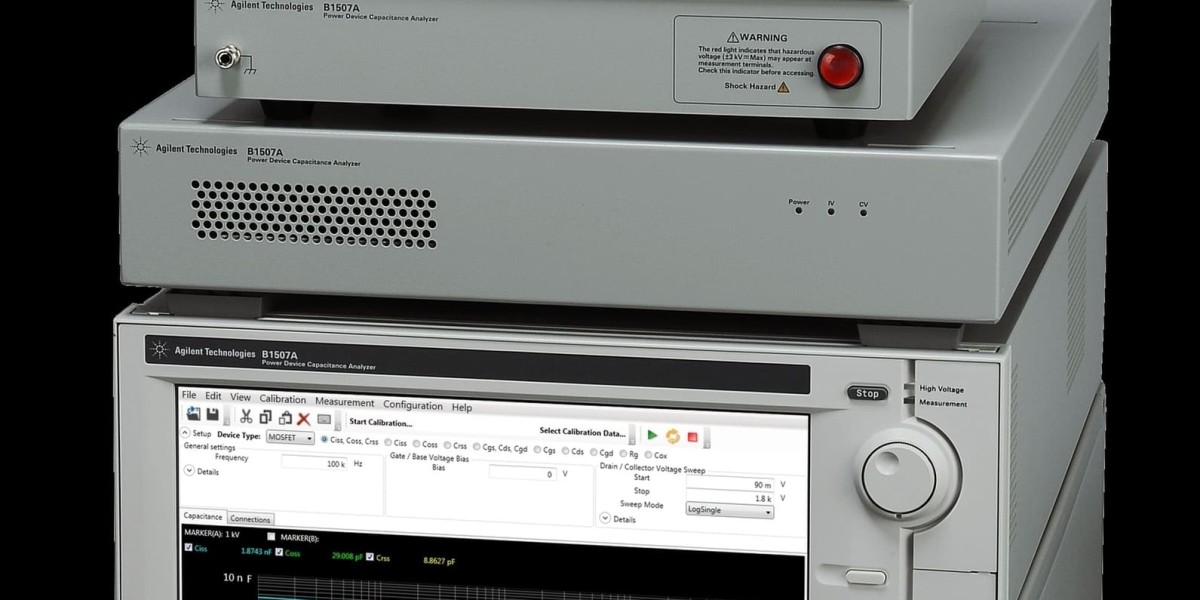Meta Description: Learn how to Remove special character from a CSV file in Java with this comprehensive guide. Enhance your data processing skills with our step-by-step tutorial.
Introduction
Handling CSV files is a common task for Java developers, especially when dealing with large datasets. Often, these files contain special characters that can cause issues during data processing. This guide will walk you through the process of removing special characters from a CSV file using Java, ensuring your data is clean and ready for analysis.
Understanding CSV Files
CSV (Comma-Separated Values) files are simple text files used to store tabular data. Each line in a CSV file represents a record, and each record consists of fields separated by commas. Despite their simplicity, CSV files can sometimes include unwanted special characters that need to be cleaned.
Why Remove Special Characters?
Special characters can interfere with data processing, causing errors and inconsistencies. Removing these characters ensures the integrity and reliability of your data. This is particularly important in applications where data accuracy is crucial.
Setting Up Your Java Environment
Before diving into the code, make sure you have the following:
Java Development Kit (JDK): Ensure you have the latest version of JDK installed.
Integrated Development Environment (IDE): Use an IDE like IntelliJ IDEA, Eclipse, or NetBeans for better code management.
Apache Commons CSV Library: This library simplifies CSV file handling in Java.
Reading a CSV File in Java
To read a CSV file, you need to use a BufferedReader. Here's a basic example:
java
Copy code
import java.io.BufferedReader;
import java.io.FileReader;
import java.io.IOException;
public class CSVReader {
public static void main(String[] args) {
String csvFile = "path/to/your/csvfile.csv";
String line;
String csvSplitBy = ",";
try (BufferedReader br = new BufferedReader(new FileReader(csvFile))) {
while ((line = br.readLine()) != null) {
String[] fields = line.split(csvSplitBy);
// Process fields
}
} catch (IOException e) {
e.printStackTrace();
}
}
}
Identifying Special Characters
Special characters include symbols like !, @, #, $, %, ^, &, *, (, ), etc. To remove these, you can use regular expressions in Java.
Using Regular Expressions to Remove Special Characters
Regular expressions (regex) are a powerful tool for pattern matching in strings. Here’s how to use regex to remove special characters:
java
Copy code
public class RemoveSpecialCharacters {
public static String cleanField(String field) {
return field.replaceAll("[^a-zA-Z0-9]", "");
}
public static void main(String[] args) {
String example = "H@ll0 W#rld!";
String cleaned = cleanField(example);
System.out.println(cleaned); // Output: Hll0Wrld
}
}
Processing the Entire CSV File
Now, let's integrate the regex into our CSV reader to clean each field:
java
Copy code
import java.io.*;
import java.util.*;
public class CleanCSV {
public static String cleanField(String field) {
return field.replaceAll("[^a-zA-Z0-9]", "");
}
public static void main(String[] args) {
String csvFile = "path/to/your/csvfile.csv";
String line;
String csvSplitBy = ",";
try (BufferedReader br = new BufferedReader(new FileReader(csvFile))) {
List<String[]> cleanedData = new ArrayList<>();
while ((line = br.readLine()) != null) {
String[] fields = line.split(csvSplitBy);
for (int i = 0; i < fields.length; i++) {
fields[i] = cleanField(fields[i]);
}
cleanedData.add(fields);
}
// Write cleaned data to a new CSV file
try (PrintWriter pw = new PrintWriter(new File("path/to/your/cleanedfile.csv"))) {
for (String[] row : cleanedData) {
pw.println(String.join(",", row));
}
}
} catch (IOException e) {
e.printStackTrace();
}
}
}
Handling Large CSV Files
For large CSV files, consider using a library like OpenCSV or Apache Commons CSV for more efficient processing. These libraries offer optimized methods for reading and writing large files.
Optimizing Performance
To optimize performance:
Use BufferedReader and BufferedWriter: They reduce the number of I/O operations.
Avoid String Concatenation in Loops: Use StringBuilder instead for better performance.
Process in Batches: If possible, process large files in smaller batches to reduce memory consumption.
Error Handling and Logging
Robust error handling and logging are crucial for identifying issues during file processing. Use try-catch blocks to handle exceptions and log errors for debugging.
java
Copy code
import java.io.*;
import java.util.logging.*;
public class CSVProcessor {
private static final Logger LOGGER = Logger.getLogger(CSVProcessor.class.getName());
public static void main(String[] args) {
// Setup logger
try {
FileHandler fileHandler = new FileHandler("app.log", true);
LOGGER.addHandler(fileHandler);
} catch (IOException e) {
e.printStackTrace();
}
// Your CSV processing code here
// Use LOGGER to log information and errors
}
}
Conclusion
Remove special character from a CSV file in Java involves reading the file, cleaning the fields using regular expressions, and writing the cleaned data back to a new file. By following this guide, you can ensure your CSV data is clean and ready for further processing. Remember to optimize your code for performance and handle errors gracefully.







